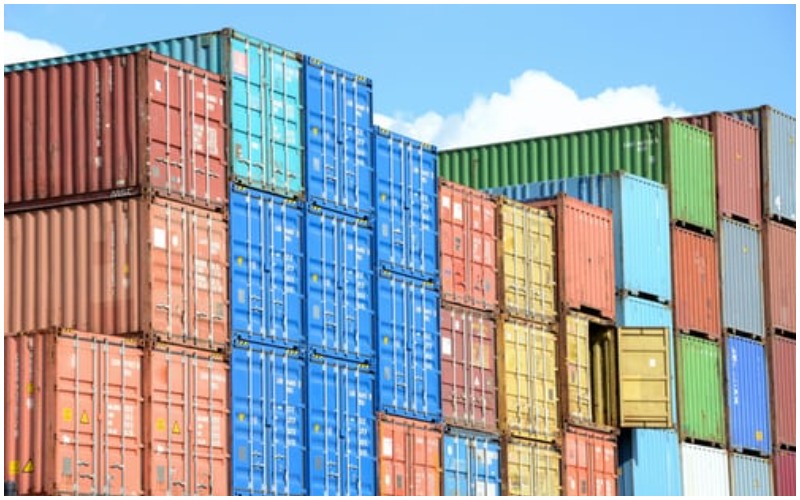
Govt gets selective with dumping duty, rejection rate jumps 43%: Report
New Delhi: As part of India's drive towards self-reliance (Atmanirbhar Bharat), the Finance Ministry is increasingly adopting a discerning approach in applying dumping duties, resulting in a rejection rate of 43 percent since August 2020, TOI reported.
Data from the Centre for Digital Economy Policy Research reveals that from 1991 until August 2020, the Directorate General of Trade Remedies (DGTR), a quasi-judicial entity, recommended anti-dumping duties in 1,039 instances, with only seven cases being rejected, yielding a rejection rate of 0.7 percent.
However, since the inception of the Atmanirbhar Bharat campaign following the pandemic, the DGTR's rejection rate has surged to 43 percent, as only 61 out of 141 recommendations have been accepted, based on data accessed by TOI.
Over the past three years, the government has been judicious in imposing duties even after DGTR investigations have confirmed instances of goods being "dumped" into India. Dumping, in the context of foreign trade, refers to the situation where the imported price is lower than the origin price and causes or poses a threat to the domestic industry.
Chinese imports have often been a primary target of anti-dumping measures in India.
The revenue department has rejected nearly 43 out of 80 cases involving China as the origin country.
Among the cases where China was the sole country involved, the products imported into India encompassed items like tires, amoxicillin, melamine, and nylon tire cord fabric.
A range of other goods is currently under scrutiny, including carbon black, caustic soda, flat-rolled stainless steel products, viscose spun yarn, and polyester yarn.
However, industry stakeholders emphasize that in a significant number of cases, the practice of dumping could potentially lead to the erosion of domestic players in the market.
Support Our Journalism
We cannot do without you.. your contribution supports unbiased journalism
IBNS is not driven by any ism- not wokeism, not racism, not skewed secularism, not hyper right-wing or left liberal ideals, nor by any hardline religious beliefs or hyper nationalism. We want to serve you good old objective news, as they are. We do not judge or preach. We let people decide for themselves. We only try to present factual and well-sourced news.







